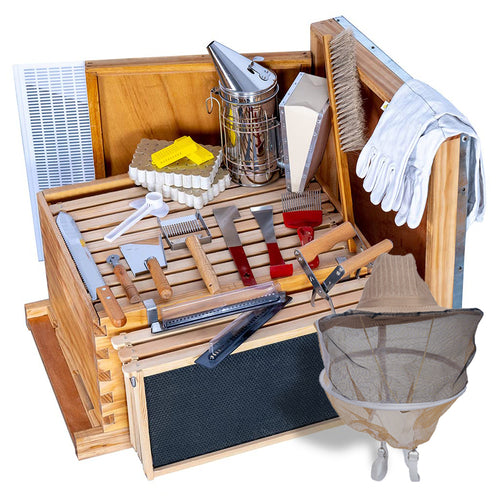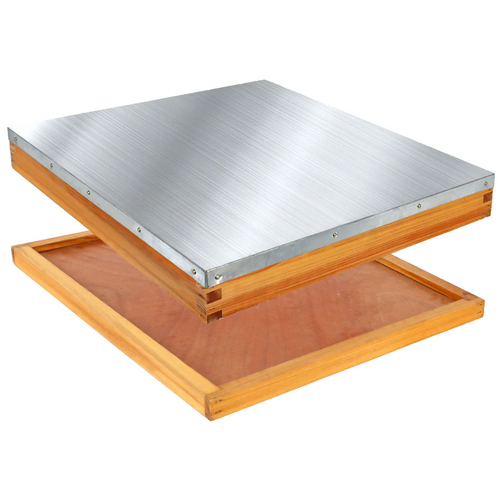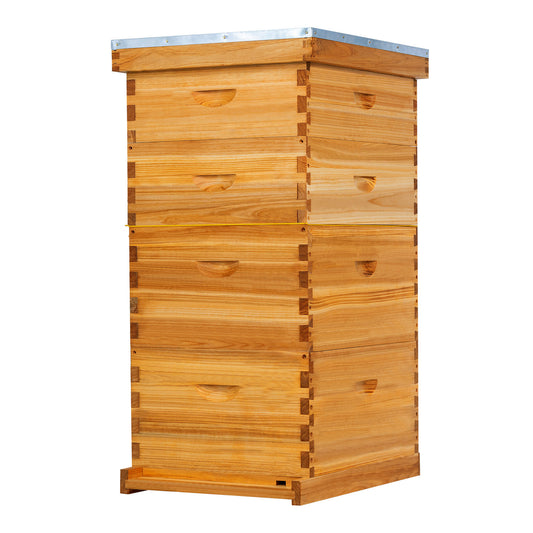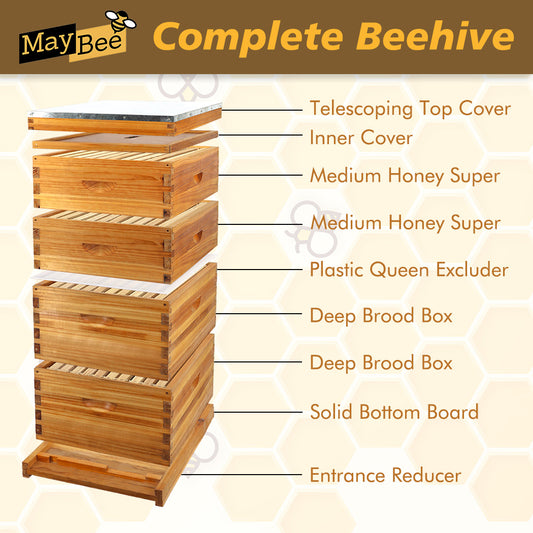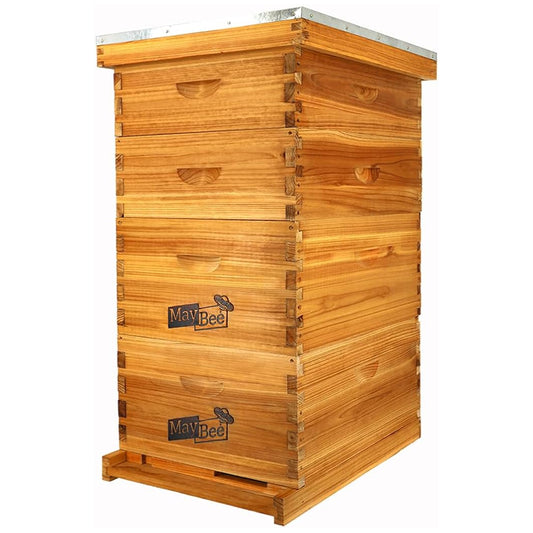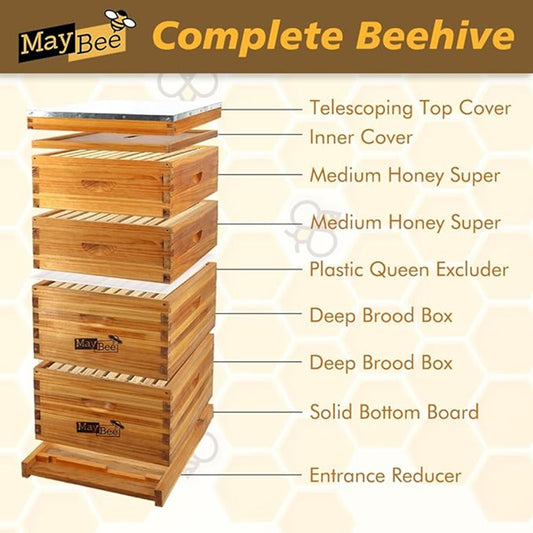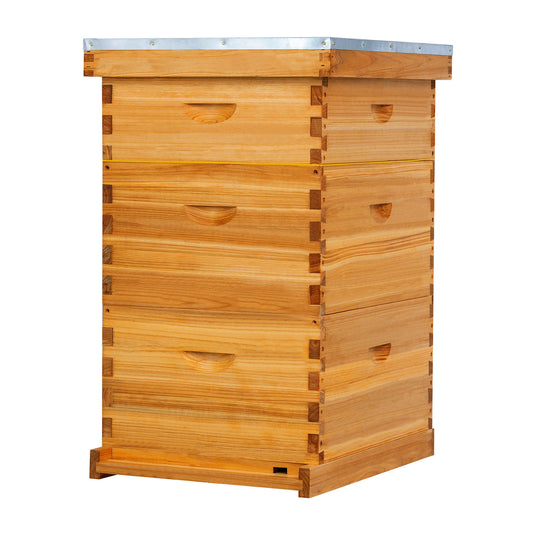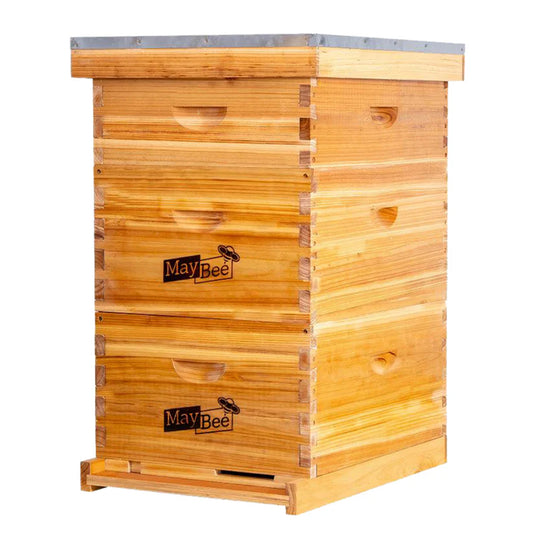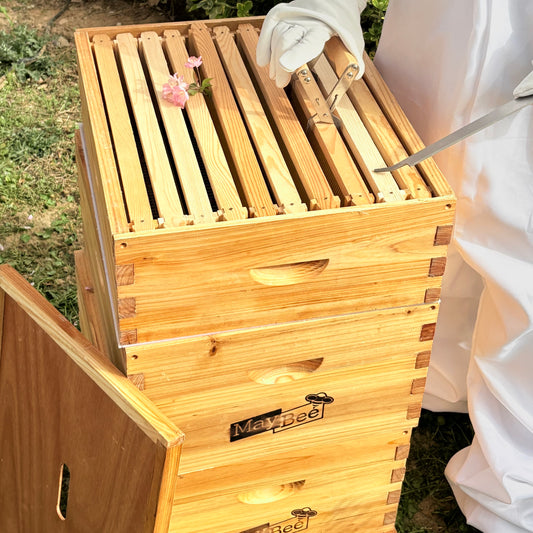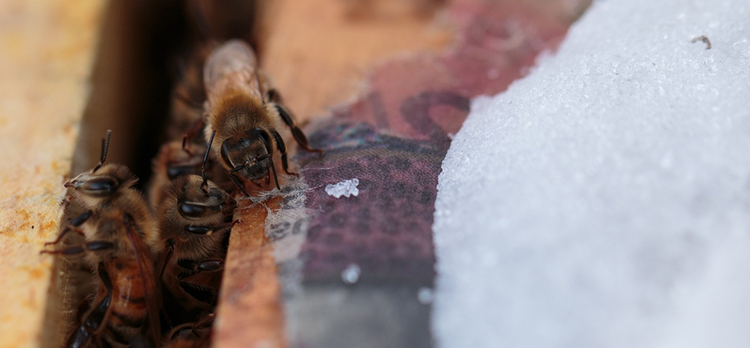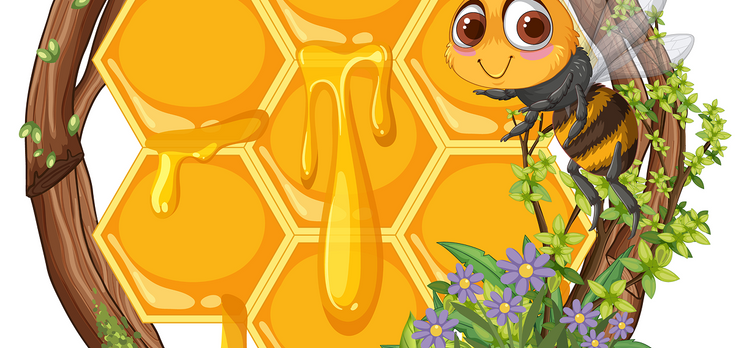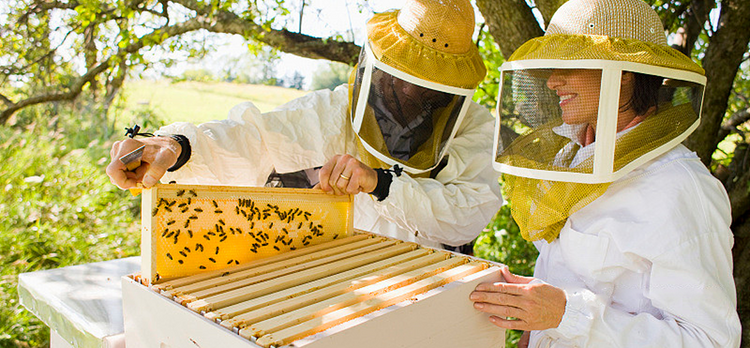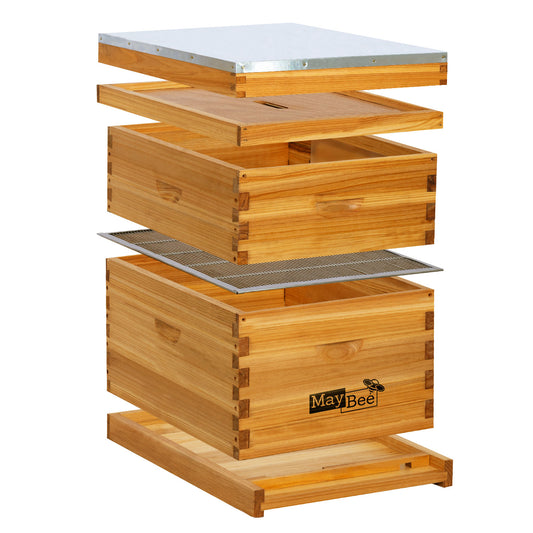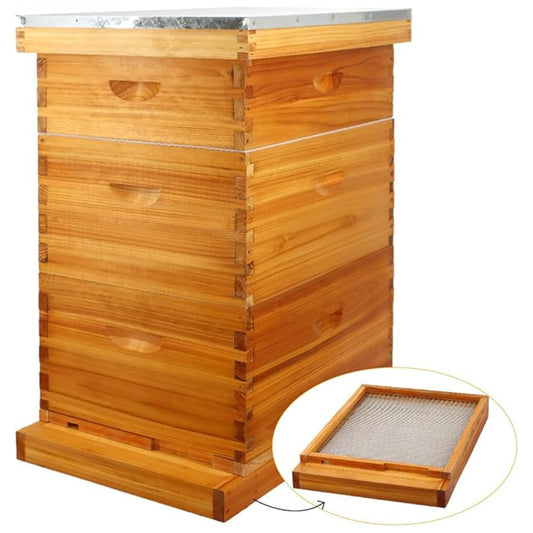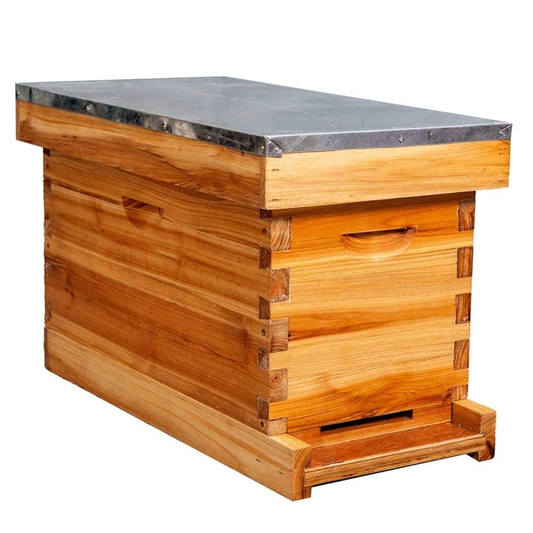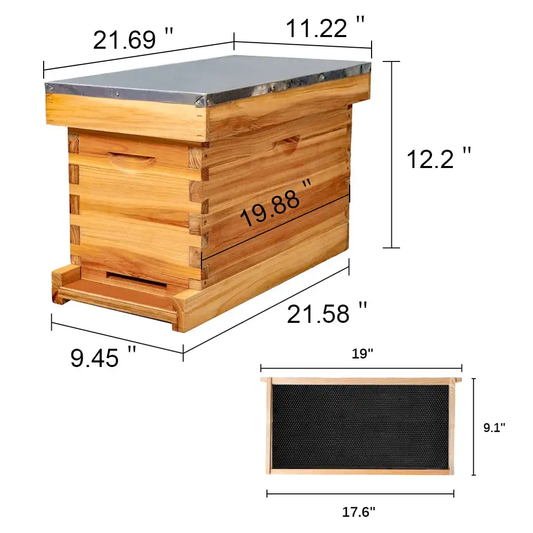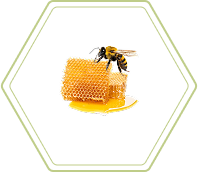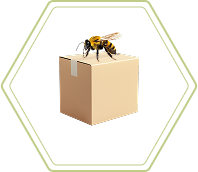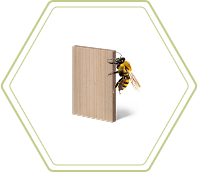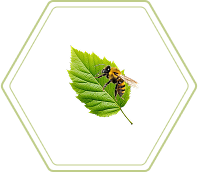Do bees produce honey all year round?

Do bees produce honey all year round?
Bees are insects that rely entirely on flowers for food. During flowering seasons, they work tirelessly collecting nectar. Some of this nectar is consumed for energy, while the rest is transformed into honey and stored in the hive. The bees then rely on this stored honey during times when food is scarce. So, do bees produce honey year-round? Let’s break it down season by season:

1. Spring
Spring is the most productive season for honey production. Not only is there an abundance of nectar sources, but the weather is ideal for bees to forage. Many major nectar plants bloom during this period, making it the peak time for honey flow. In fact, spring honey can account for nearly half of the annual honey yield in some regions.
2. Summer
Summer is also an important season for honey production, especially in early summer when temperatures are not too high. Early summer often brings another round of major nectar sources. However, by mid-summer, nectar becomes less available, and high temperatures can make it harder for bees to forage. Still, during cooler mornings and evenings, bees will continue collecting nectar.
3. Fall
Fall also brings some honey production, with flowers like goldenrod and asters providing vital nectar for the bees to build up their winter reserves. As temperatures drop throughout the season, bees become less active. By late fall, especially in northern regions, temperatures can fall to around 50°F (10°C), and bees begin to cluster in the hive for winter. However, in warmer southern areas, bees may continue to forage into late fall.
4. Winter
Honey production is minimal in winter. Most bee colonies have entered winter dormancy. However, it's important to note that bees' ability to forage depends more on temperature and nectar availability than on the calendar season. If temperatures are mild and nectar is available, bees will still forage. During this time, beekeepers often supplement the bees' food supply with sugar or syrup.
Summary:
Although bees have a natural instinct to collect nectar and make honey, their activity is heavily influenced by temperature. When it’s too cold or too hot, their ability to forage is reduced. While honey production is not strictly seasonal, it requires suitable weather and nectar availability—so technically, bees can produce honey even in winter if conditions are right.

